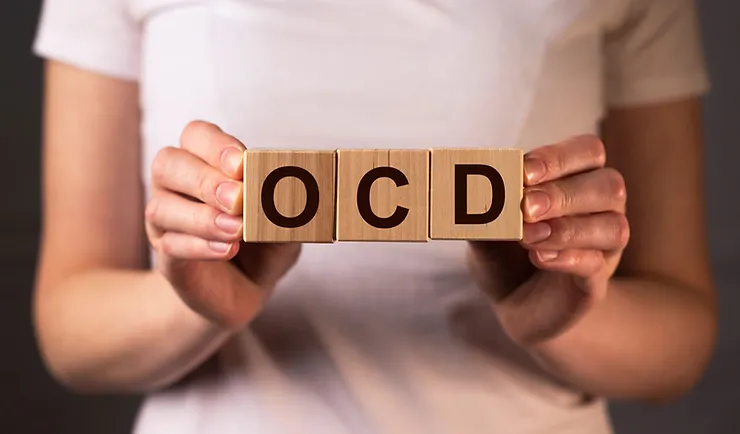Obsessive-Compulsive Disorder (OCD) is a chronic psychiatric condition that affects individuals through persistent thoughts, urges, or behaviors. By understanding the symptoms and available treatments, individuals and caregivers can make informed decisions when seeking professional help. This article provides an overview of OCD’s symptoms and treatments, highlighting the importance of early recognition and management.
Table of Contents
Recognizing Common Symptoms of OCD
OCD manifests through a cycle of obsessions and compulsions. Obsessions refer to intrusive, unwanted thoughts or mental images that cause significant distress. These thoughts often center around themes like contamination, orderliness, harm, and taboo topics. Compulsions are repetitive behaviors or mental acts aimed at reducing the anxiety associated with obsessions. Common compulsions include excessive handwashing, organizing items to achieve a perceived “correct” order, or counting. These actions may temporarily relieve distress, but they can become time-consuming and interfere with daily life.
Understanding the Impact of OCD on Daily Life
The persistent nature of OCD can disrupt various aspects of life, including relationships, work, and self-care. Many individuals experience guilt or shame associated with their symptoms, leading them to conceal their behaviors. Workplace productivity may suffer due to the time used for compulsive habits, and personal relationships can strain under the weight of misconceptions or misunderstandings about the disorder. OCD is often misdiagnosed or overlooked, as individuals may normalize their behaviors or view them as personality traits rather than symptoms of a disorder.
Exploring Evidence-Based Treatments for OCD
While OCD can significantly affect quality of life, multiple treatment options have shown effectiveness in managing symptoms. Treatment is commonly tailored to the individual’s needs and may include therapy, medication, or a combination.
Cognitive Behavioral Therapy (CBT)
CBT is one of the most commonly used therapies for treating OCD. Exposure and Response Prevention (ERP), a specific form of CBT, focuses on exposing individuals to anxiety-provoking stimuli while preventing the compulsive behaviors that follow. Through repeated exposure, individuals learn to tolerate anxiety and reduce obsessive-related habits. ERP has been extensively studied and is regarded as a highly effective, structured approach for managing OCD.
Medication and Psychiatric Support
Selective Serotonin Reuptake Inhibitors (SSRIs) are often prescribed to individuals with OCD. These medications are thought to regulate serotonin levels in the brain, which may help reduce the intensity of obsessions and compulsions. For individuals with treatment-resistant OCD, advanced approaches such as ketamine therapy may offer additional therapeutic potential, especially when combined with psychiatric medication management under professional guidance. A psychiatric professional will evaluate the individual’s history and develop a personalized treatment approach to address their unique needs.
Lifestyle Modifications and Ongoing Support
While therapy and medication are central to OCD management, integrating healthy routines and support structures plays a complementary role. Regular exercise, mindfulness practices, and adequate sleep may contribute to symptom management. Peer support groups or connecting with individuals who have shared experiences can create a sense of community. These connections often allow individuals to learn coping strategies and reduce feelings of isolation.
The Importance of Professional Help
If OCD symptoms disrupt daily functioning, seeking guidance from a mental health professional is a valuable step. Early detection and appropriate treatment can improve long-term outcomes. OCD is a complex but manageable condition when approached with evidence-based strategies. Understanding its symptoms and exploring therapeutic options empower individuals to reclaim their lives.

